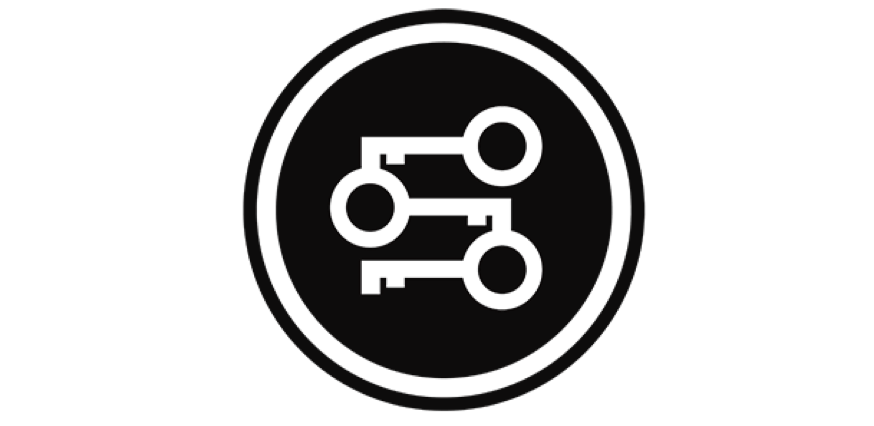Securities Tokens
March 5, 2018

In the past week, more news started to emerge about the SEC subpoenas that I alluded to in last week’s newsletter. While it remains to be seen what the SEC plans to do with the information, it is clear that they are signaling to the market that they are serious about investigating practices over the past year and will be using that information to, at the least, provide more concrete guidance moving forward.
These recent regulatory probes have led to a new class of cryptocurrencies: the security token. While definitions vary, with the broadest being that this category would encompass a token that is issued in compliance with current securities laws (including disclosures), some companies are looking at how the secondary market, in addition to the issuance, can be compliant without hindering liquidity. Harbor, one of the newer companies to emerge in this space, is looking to utilize smart contracts to provide compliance in the aftermarket. They recently released an overview of their proposed offering (the R-Token) and the PICO (Private ICO):
“An R-Token is a type of token that is permissioned based on the Regulated Token Standard. The Regulated Token Standard is based on the ERC-20 standard but contains additional code to check an on-chain Regulator Service before it trades. The Regulator Service can be configured to meet relevant securities regulations, Know Your Customer (KYC) policies, Anti-Money Laundering (AML) requirements, tax laws, and more.
When a trade is requested, the R-Token checks with the Regulator Service to make sure that the investor and the trade are compliant; otherwise the token throws off an error message and will not transfer. In the case of Section 4(a)(7), for example, R-token will ensure that a token is being transferred to an accredited investor after the initial 90-day period. The R-Token can also be implemented to ensure that the tokens trade only on approved trading platforms.”
I am personally excited at the prospect of using technology to maintain compliance, instead of being used to circumvent regulations. I hope that the sector continues to evolve — potentially using technology to broaden the definition of accredited investors and help investors (of all means) assess risks. Just as mobile banking offered previously unbanked individuals access to bank services many of us take for granted, cryptoassets have the potential to allow access to investments for many populations who have not had that opportunity before.
Complete Newsletter linked here: The FPV Blockchain Weekly #13, March 5, 2018
